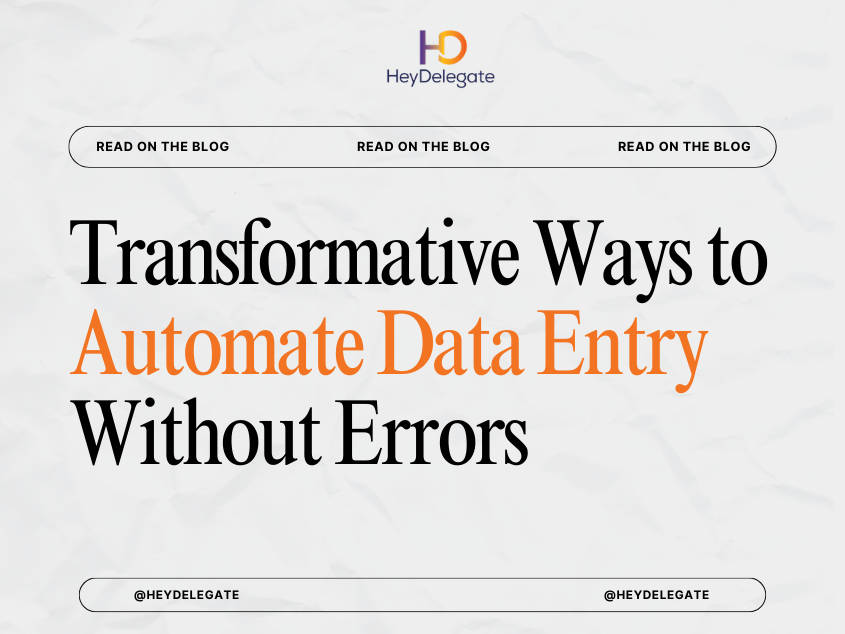In the ever-evolving realm of digital communication, social media has emerged as a powerful tool for businesses and individuals alike. With millions of users engaging across various platforms, the role of a Social Media Manager has become indispensable. But what exactly does a Social Media Manager do? Let’s unravel the intricacies of this dynamic profession.
- Strategy Development:
One of the primary responsibilities of a Social Media Manager is to develop a comprehensive strategy tailored to the brand or individual they represent. This involves understanding the target audience, setting goals, and choosing the most effective platforms for engagement. A well-crafted strategy lays the foundation for successful social media campaigns.
- Content Creation and Curation:
Creating engaging and relevant content is at the heart of any social media strategy. Social Media Managers are tasked with generating content that resonates with the audience, aligns with brand identity, and is optimized for each platform. Additionally, they curate existing content, ensuring a diverse and interesting feed that keeps followers captivated.
- Community Engagement:
Building and nurturing an online community is crucial for social media success. Social Media Managers actively engage with the audience by responding to comments, messages, and mentions. They foster a sense of community, turning followers into loyal advocates. By humanizing the brand, they enhance the overall customer experience.
- Analytics and Reporting:
Monitoring performance is essential to refine and optimize social media strategies. Social Media Managers use analytics tools to track key metrics, such as reach, engagement, and conversion rates. By analyzing data, they gain insights into what works and what needs adjustment, allowing for data-driven decision-making.
- Ad Campaign Management:
Paid advertising plays a significant role in social media marketing. Social Media Managers design and execute advertising campaigns, targeting specific demographics and maximizing the return on investment. They constantly refine their approach based on the performance of ads and changing market trends.
- Stay Informed and Adapt:
The digital landscape is ever-changing, with new trends and features emerging regularly. Social Media Managers stay abreast of industry developments, platform updates, and changes in algorithms. Remaining adaptable and innovative is crucial for staying ahead in the competitive world of social media.
- Brand Monitoring:
Maintaining a positive online reputation is essential. Social Media Managers monitor brand mentions, respond to reviews, and address any issues promptly. They act as the frontline defenders of a brand’s image, ensuring that any negative sentiment is addressed and resolved in a timely and professional manner.
Conclusion:
In a world where social media has become an integral part of communication, the role of a Social Media Manager is more vital than ever. From crafting engaging content to fostering online communities and navigating the intricacies of paid advertising, these professionals wear many hats. By understanding their multifaceted responsibilities, businesses and individuals can harness the power of social media to connect with their audience and achieve their goals in the digital age.




